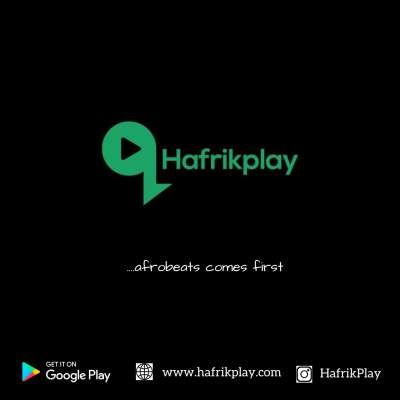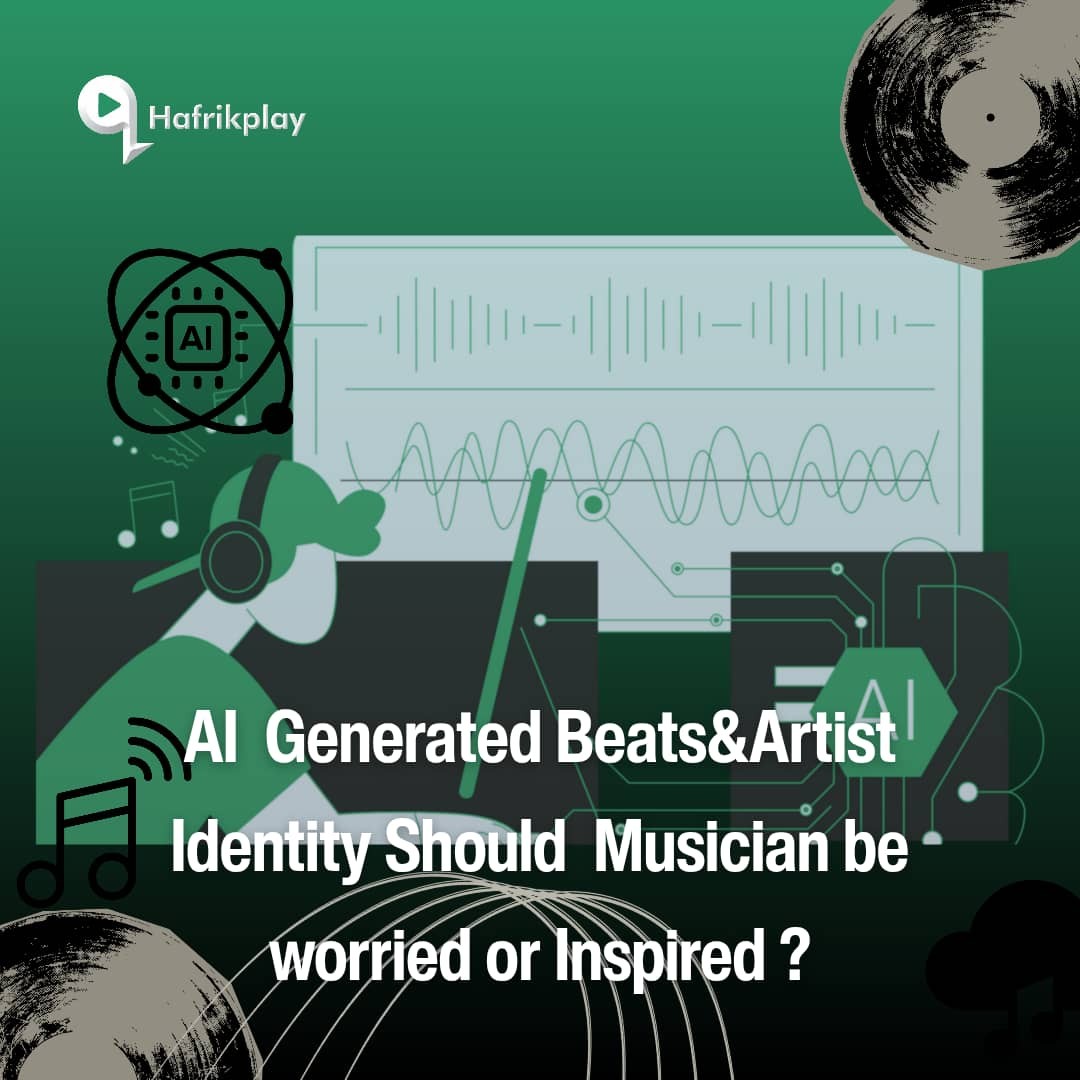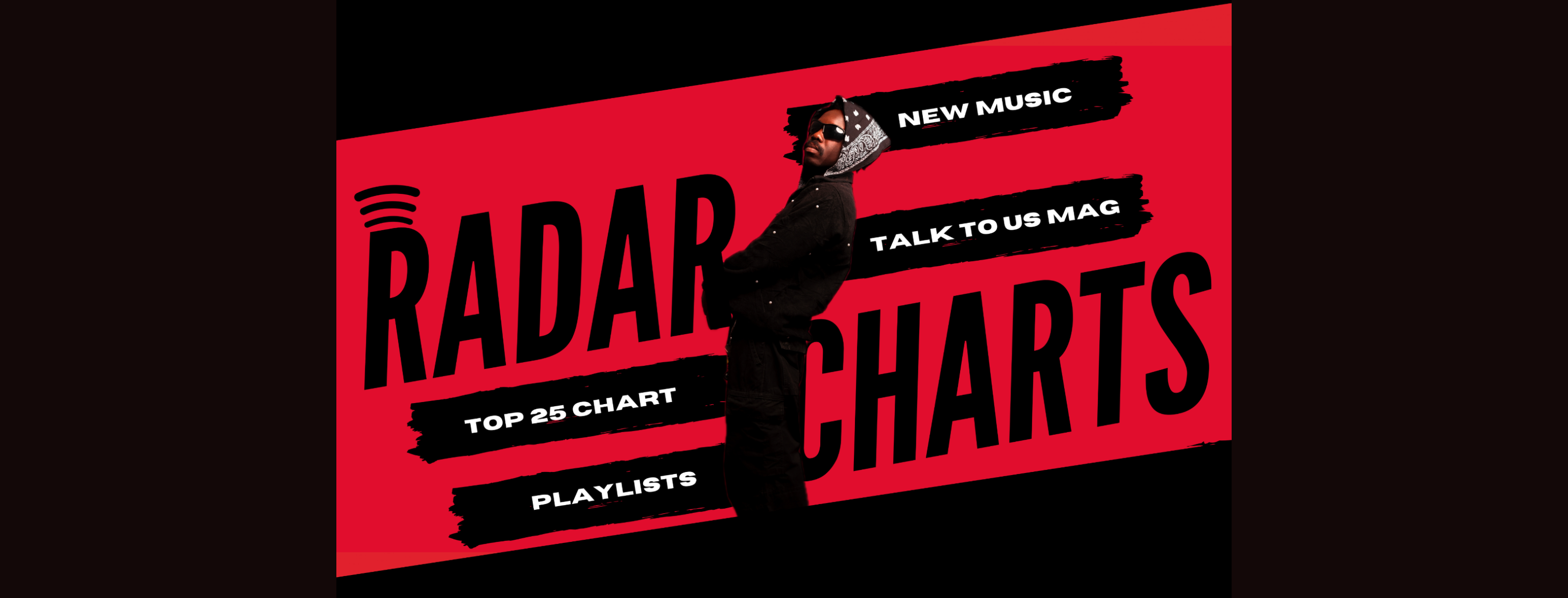The Beat Is Changing — Literally
In 2025, you don’t need a studio to make a hit.
With just a prompt and a few clicks, tools like Suno and Udio can generate full instrumentals - melody, drums, vocals, harmony - in the time it takes to brew a cup of tea. ElevenLabs can clone your voice or create synthetic backups. AI is no longer just assisting music; it’s making it.
For many artists, especially in Africa’s fast-evolving underground scenes, this sounds like magic. But it also raises a big question:
If anyone can create music with AI, what happens to the artist’s identity?
The Double-Edged Sword of AI Music Creation
Why AI Is a Game-Changer
- No studio? No problem. Artists in underserved regions can now create high-quality tracks using AI tools on a smartphone or laptop.
- Faster production. Beat blocks? AI can help sketch out ideas and refine your sound in minutes.
- Creative inspiration. You can explore styles, genres, or moods you’ve never touched before — from Afro EDM to Lo-fi Fuji.
With AI, creativity becomes limitless. But where’s the line between help and replacement?
The Artist Identity Dilemma
As more artists lean on AI tools to produce music:
- Will listeners still connect to the story behind the sound?
- Could originality be lost in a sea of AI-generated sameness?
- If everyone uses Suno, do we all start to sound alike?
The truth is: AI is only a tool. The soul of music still comes from the artist. Without real intention, even the best AI track can feel hollow.
What This Means for African Artists
Africa’s music culture is rooted in storytelling, emotion, rhythm, and originality. Whether it’s Amapiano from South Africa, Afrobeats from Nigeria, Bongo Flava from Tanzania, or Gengetone from Kenya — the vibe is deeply personal and local.
AI can enhance that legacy — if used with wisdom.
Ways African Artists Can Use AI Without Losing Themselves:
- Use AI to generate beat drafts, then layer your unique instruments and ad-libs
- Let AI suggest song structures — but infuse it with your personal lyrics and cultural references
- Clone background vocals to enhance production — not replace your voice
- Remix traditional rhythms using AI tools to bridge street sounds with futuristic beats
- Create visualizers or storytelling animations that elevate your message
AI should amplify your voice, not erase it.
Hafrikplay’s Approach to AI and Music Creation
Hafrikplay is committed to empowering creativity — and that includes AI-assisted creativity, when done right.
Here’s how we’re adapting:
- AI-Made Music Tags: We’re working on tags to highlight AI-generated content transparently so fans know what they’re hearing
- “Inspired by AI” Playlist Section: A space where artists using AI tools can showcase innovation without hiding behind it
- Creative Toolkits: Coming soon — Hafrikplay will offer beginner-friendly guides for using Suno, Udio, and ElevenLabs ethically and artistically
- Spotlight on Human-AI Collaborations: We'll celebrate artists who are blending tech with talent to create something truly unique
Inspired, Not Replaced
AI will not make artists obsolete — but artists who refuse to evolve might fade out. The key is to lead with your voice, your story, your identity — and let AI support that journey.
Think of AI not as a shortcut, but as a collaborator.
Final Thoughts: Don’t Fear the Machine Train It
The future of music isn’t AI vs. human . it’s human using AI.
Your originality, your perspective, your why - that’s your real power. AI can mimic a sound, but it can’t live your story. That’s where African artists will always win: by grounding the future in cultural depth.
And Hafrikplay will be here for it — supporting artists who innovate with their identity, not against it.
Resources for Artists:
Stay updated on music & AI trends: https://instagram.com/hafrikplay

 hafrikPlayNG
hafrikPlayNG
